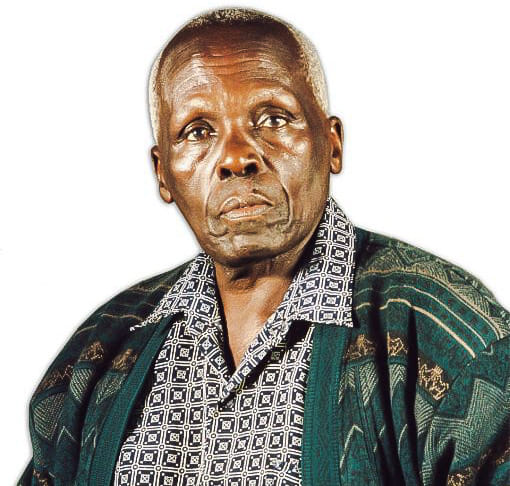At the age of 56, Steve Jobs, the iconic co-founder of Apple, passed away as a billionaire. His life, a testament to relentless ambition and groundbreaking innovation, left an indelible mark on the world. Yet, as he lay on his deathbed, his final words reportedly were, “Oh, wow. Oh, wow. Oh, wow.” These words, enigmatic and thought-provoking, encapsulate the mystery and depth of a man whose life was as complex as it was impactful.
While an essay attributed to Jobs has circulated widely, its authenticity remains unconfirmed. However, its reflective tone and profound insights resonate with the lessons many believe Jobs learned during his extraordinary life.
The Legacy of Steve Jobs
Steve Jobs revolutionized technology, forever changing the way we interact with the world through products like the iPhone, iPad, and MacBook. But his journey was not without personal sacrifices. Jobs’ intense focus on innovation often came at the expense of his relationships. He famously denied paternity of his daughter, Lisa, for years—a decision that contradicted the empathy one might expect from someone who was adopted himself. Despite his professional triumphs, Jobs’ life raises questions about the cost of success and the balance between ambition and personal fulfillment.
The Essay Attributed to Jobs
Whether Steve Jobs penned the essay or not, its sentiments offer a poignant reminder of the value of life beyond material success:
“I reached the pinnacle of success in the business world. In others’ eyes, my life is the epitome of success. However, aside from work, I have little joy.”
The essay reflects on the fleeting nature of wealth and the enduring importance of love, relationships, and health. It emphasizes that while wealth can buy convenience, it cannot replace life’s intangible treasures: love, health, and happiness.
Key Takeaways from the Essay
- Materialism vs. True Happiness
The essay highlights that true inner happiness cannot be derived from material possessions. Whether wearing a $3,000 watch or a $30 one, time remains the same. - The Irreplaceable Value of Life
Jobs—or the author—reminds us that while material things can be replaced, life itself is irreplaceable. Health and well-being should never be compromised. - Cherish Relationships
Love for family, friends, and community takes precedence over professional accolades. Conversations, laughter, and shared experiences bring genuine joy. - Health as the Greatest Wealth
The “six best doctors” are sunlight, rest, exercise, diet, self-confidence, and friends. Prioritizing these ensures a fulfilling life. - Teaching Happiness Over Wealth
Children should be raised to value happiness and integrity over material wealth, teaching them the importance of meaning rather than price.
Lessons from Jobs’ Life
Jobs’ life teaches us the power of visionary thinking and the impact of perseverance. However, it also serves as a cautionary tale about the cost of unrelenting ambition. His final years remind us to strive for balance—to pursue success without losing sight of what truly matters.
Conclusion
Steve Jobs’ life was a blend of extraordinary achievements and personal struggles. Whether his last words were a simple expression of awe or a reflection of his life’s realizations, they continue to inspire contemplation. As the essay suggests, life’s true value lies not in the accumulation of wealth but in the connections we forge, the health we nurture, and the happiness we pursue.
Let Jobs’ story remind us to treasure every moment, prioritize relationships, and focus on the things that truly matter.







